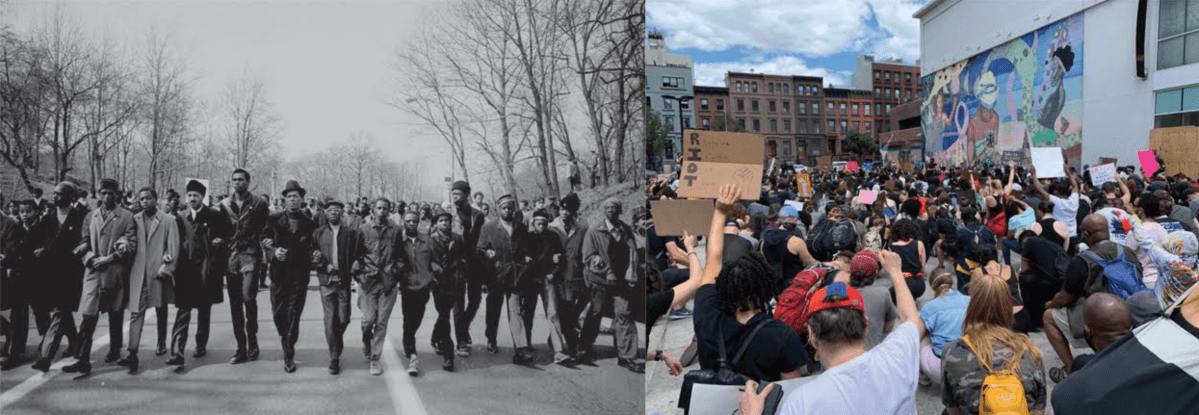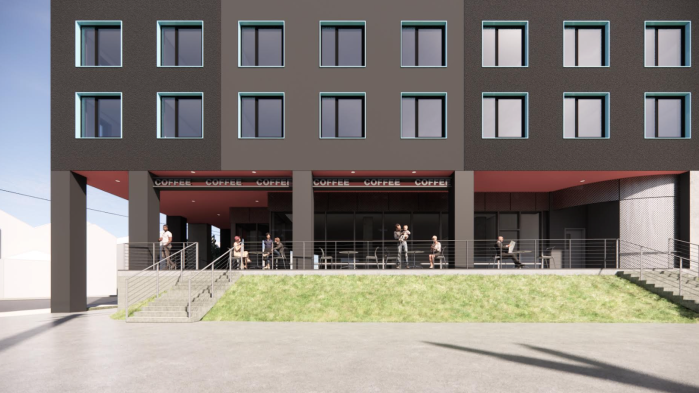In the last few weeks, we have seen thousands of Black Lives Matter activists use their voice through demonstrations, signing petitions, and reaching out to local elected officials to call for change in their communities and across the country. This movement stirs memories for us older New Yorkers.
New York City has a long history of activism that helped ignite important movements in the 1960s and 1970s – civil rights, women’s rights, status of Puerto Rico, anti-war, and LGBT liberation – all of which led to important changes in our country. We would not be the City we are today without that generation of activists, who are now our older New Yorkers.
As a new generation of activists step in, older New Yorkers who have been demanding change for decades serve as leading examples for others to follow. Many current laws and regulations that protect against discrimination and promote equality can be credited to the efforts of our elders.
Every June we celebrate Pride Month, a month in which we commemorate the contributions of the LGBT community and the LGBT rights movement that began with the Stonewall Inn uprising of 1969. It was an event that helped build the momentum for LGBT rights, which continue today for young and older New Yorkers. Organizations like SAGE USA’s New York chapter and the Queens Center for Gay Seniors, which are part of the New York City Department for the Aging’s (DFTA) network of congregate centers, offer services designed to support older LGBT New Yorkers. In these centers, many older New Yorkers continue to be agents of change and advocate for LGBT older adults.
The same is true of older New Yorkers throughout the five boroughs who are active within their own neighborhoods by being members of their community boards, volunteering for local nonprofits and being active members in their senior centers – many which continue to offer services virtually over video conferencing or phone due to COVID-19.
And of course, we have older New Yorkers who are advocates for older adults and against ageism, like the Gray Panthers. Taking their name from the Black Panthers, this organization advocates for equality for all people, regardless of age, and believe that both the old and the young have much to contribute to make our society more just and humane.
It is often said that youth are the catalysts of change. And they are, just as we were when we were young. But activism is something that must be continued throughout an individual’s lifetime, regardless of age. Today’s youth are calling for change and reforms that are necessary for our city and our country. Albany lawmakers have listened and recently signed a bill package of criminal justice and police reform bills. But there is still more work to be done. We must also not lose sight of fighting against ageism.
As we continue giving attention to the activists and movements that will bring about change, it’s important that we, older generations and older New Yorkers, utilize our experience and knowledge to support our youth and ask for their support against ageism.




































